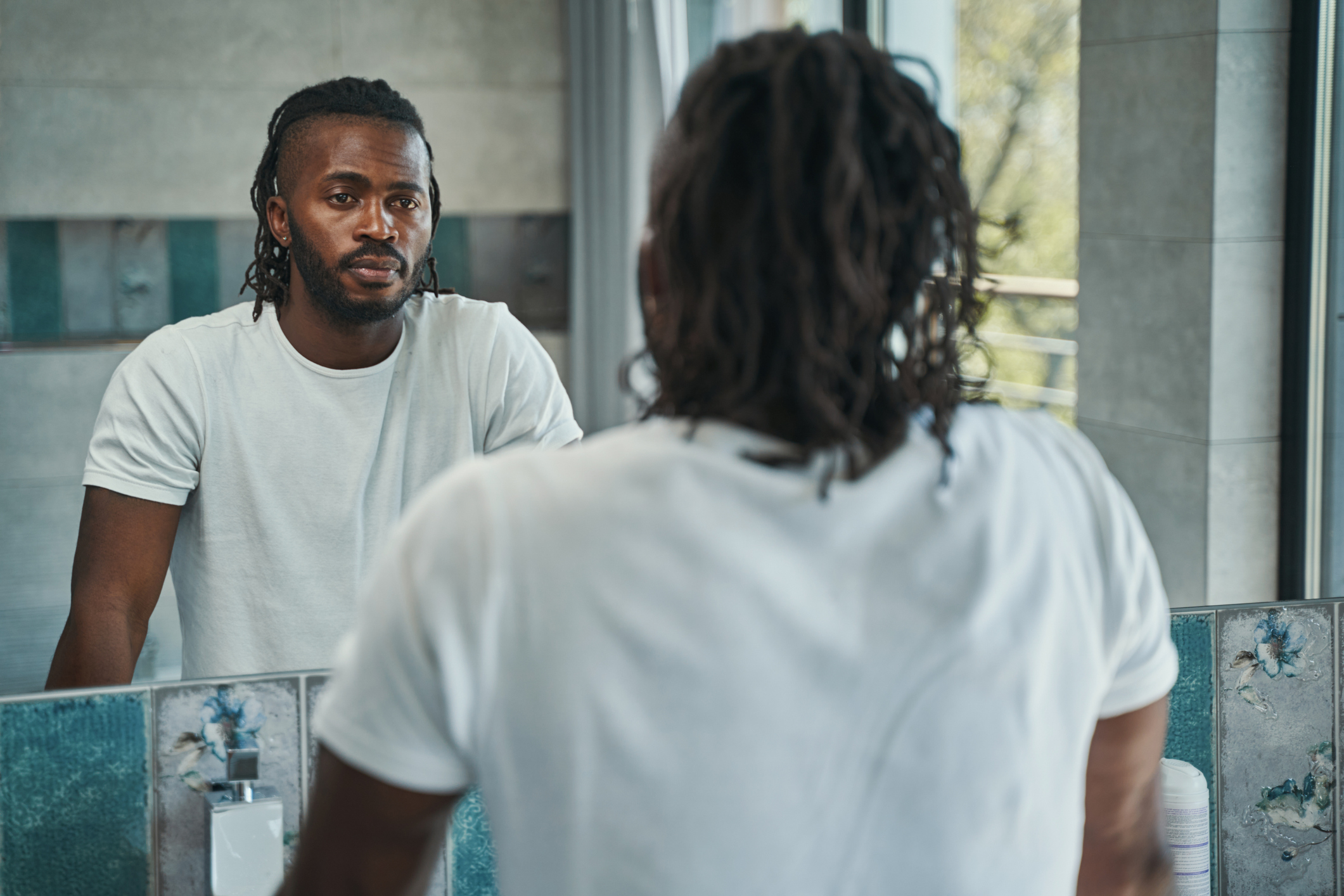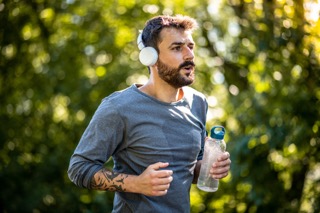When someone begins the journey of recovery from addiction, it’s easy to assume that detoxing from the substance is the biggest hurdle. But while detox is a crucial first step, the real work begins in the mind—and that’s where therapy steps in.
Therapy isn't just a side component of drug rehab; it’s the backbone. It helps individuals not only understand why they used, but also teaches them how to live differently without drugs or alcohol. It provides the tools, insight, and emotional strength needed to build a new life—one that’s healthier, more stable, and truly fulfilling.
1. Understanding the Root of Addiction
Addiction doesn’t usually start out of nowhere. It’s often tied to deeper emotional wounds, trauma, mental health conditions, or learned behaviors. Therapy creates a safe space where individuals can uncover and explore these underlying issues.
- Why did I start using?
- What am I trying to escape or numb?
- Are there patterns in my thinking that lead me to self-destruct?
These questions don’t always have easy answers, but therapy helps you dig into them with guidance and support—not judgment.
2. Learning New Coping Skills
Many people use substances to cope with difficult emotions like anxiety, anger, loneliness, or shame. In therapy, you learn healthy alternatives to those coping mechanisms.
Therapists teach you how to:
- Regulate emotions without numbing them
- Handle stress with mindfulness and calm
- Set boundaries in toxic relationships
- Communicate openly and assertively
- Stay grounded during moments of craving or temptation
These aren’t just “nice to have” skills. They’re essential for long-term sobriety.
3. Building a Supportive Relationship
For many people battling addiction, relationships have been marked by distrust, chaos, or pain. A therapeutic relationship gives you something you may not have experienced in a long time (or ever): a consistent, safe, and non-judgmental person who’s there for you.
This kind of support can be transformational. It helps you rebuild your sense of self-worth and teaches you what a healthy connection looks and feels like—an experience you can carry into other areas of your life.
4. Addressing Co-Occurring Disorders
Addiction rarely travels alone. Many people in rehab also struggle with depression, anxiety, PTSD, or bipolar disorder—conditions that can fuel substance use.
Therapy helps identify and treat these co-occurring disorders so that you’re not just white-knuckling your way through recovery. You’re healing in a way that’s sustainable and rooted in mental and emotional wellness.
5. Preventing Relapse Through Self-Awareness
One of the greatest benefits of therapy is that it increases your self-awareness. When you can recognize your triggers, thought patterns, and emotional warning signs, you’re far better equipped to prevent relapse.
Therapists often help clients develop a relapse prevention plan, which may include:
- Recognizing early warning signs of slipping back into old habits
- Developing a daily routine to stay balanced
- Identifying safe people and places to reach out to
- Practicing mindfulness or grounding techniques when cravings hit
In short, therapy helps you stay ahead of relapse—not just react to it.
Recovery Needs a Mirror, Not Just a Map
You can have all the tools, plans, and resources in the world, but if you’re not looking inward, real change can’t happen. Therapy acts as a mirror—reflecting your inner world, challenging harmful beliefs, and helping you write a new story for yourself.
Therapy in drug rehab isn’t about "fixing" you. It’s about freeing you. It gives you the clarity, confidence, and courage to walk forward—no longer running from your past, but building something better from it.
Because recovery isn’t just about not using—it’s about finally learning how to live.
If you or someone you love is struggling with addiction, don’t wait. Reach out to a licensed rehab center or helpline.
The road to recovery may be tough, but every step is worth it.
Have your own tips or experiences with recovery? Share them in the comments below!
Let’s support each other.
If you need additional help with recovery, visit us in person or contact us at Hope Haven Recovery.





.webp)
.webp)